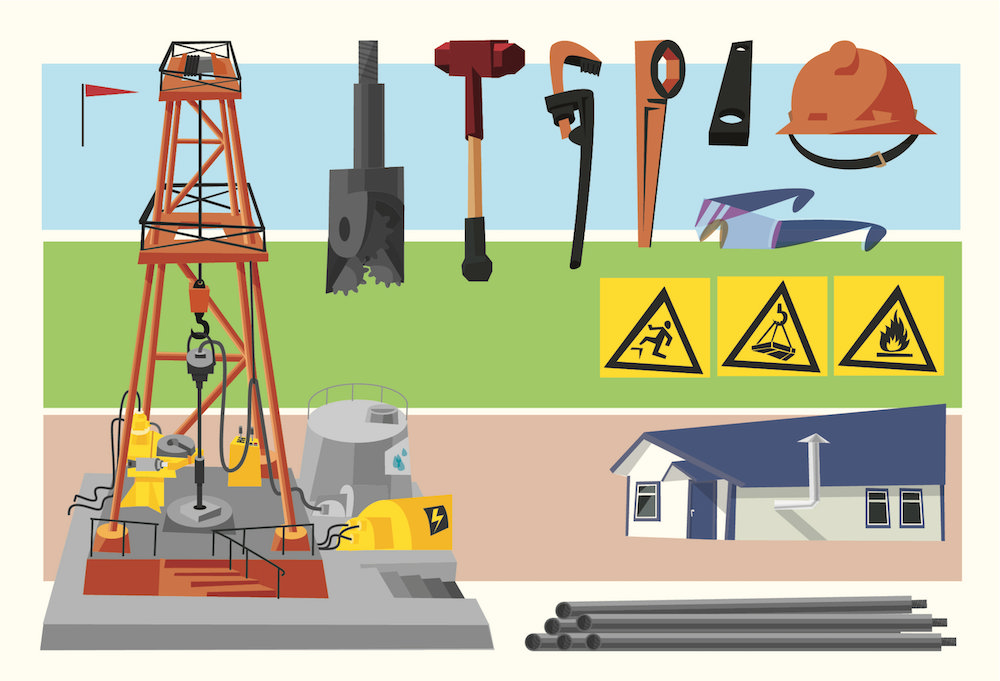Online Lenders
OnDeck expands into equipment financing
- Equipment financing is heating up.
- Small business lender OnDeck wants a piece of the action.









